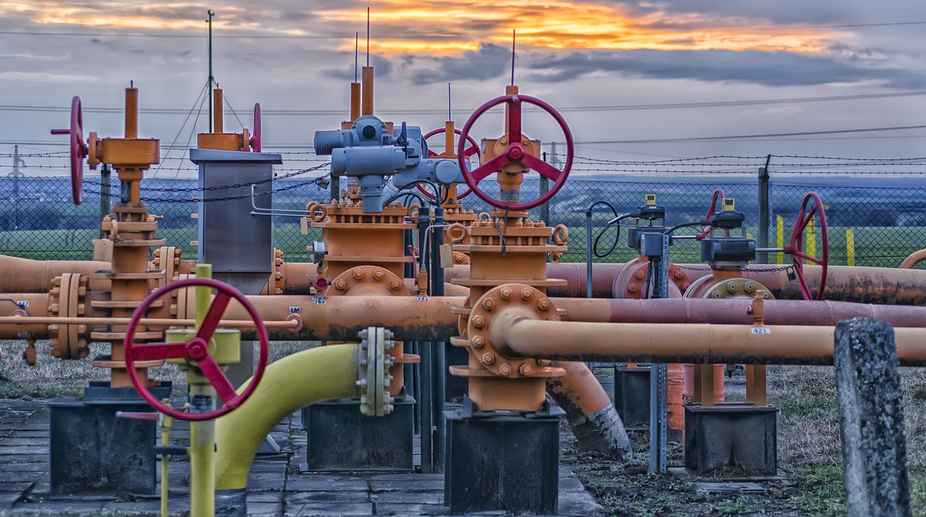WBPDCL CMD gets energy excellence award
An IAS officer of the 2001 batch of the West Bengal cadre, Dr Salim hails from the southern state of Kerala.

Representational Image (Photo: Getty Image)
India must push for a trans-national deep water gas pipeline from Iran, passing through Oman but by-passing Pakistan, to feedstock the country’s power, fertilizer and steel plants in an environment-friendly and affordable way and for sustainable supply of the fuel, according to an Assocham study released on Tuesday.
“An undersea pipeline between Iran-Oman-India will connect the producers and consumers of gas directly. This will bypass all geo-political issues. It will also lead to more gas-to-gas competition and creating a genuine gas hub, as in Europe/USA etc,” suggested the business chamber’s study titled “Middle East to India Deep Water Pipeline- A Favourable Situation for All.”
Advertisement
“India can finally connect to Gulf region, where more than 7 million Indians reside,” an Assocham release here said.
Advertisement
During 2016-17, India consumed 55,534 mscm (million standard cubic metres) of natural gas of which 24,686 mscm was imported. India is now the fourth largest natural gas importer, mainly from Qatar.
The study said India must take a stronger and more pro-active approach to build a least one trans-national gas pipeline in the next five years.
Currently, 2,500 MW gas based power generation capacity is idle, due to non-availability of low priced gas, Assocham said.
“No new fertilizer plants are being set up for same reason. There are several Indian steel plates and steel pipe manufacturers and construction companies which will gain sizeable business from the proposed pipeline, to promote/boost ‘Make in India’ and ‘Skill India’ campaigns,” it said.
“Unfortunately, we have not succeeded in this effort to build trans-national gas pipelines from the neighbourhood, inspite of efforts for the last two decades. Since many years there is an endeavour to build a deepwater gas pipeline through a safe route, avoiding Pakistan and using cleaner fuel than coal,” it added.
Advertisement